These SEO tools are completely free.
We've highlighted the greatest paid-for SEO tools. However, many websites provide more limited free options. We'll take a look at some of the top free SEO tools available today.
Who better to help you improve your search engine optimization than Google?
1. Google Search Console.
Google Search Console (GSC) is a great place for rookie web admins to learn about SEO.
The collection of tools can examine your site's performance and identify potential problems to troubleshoot (such as negative spammy links), as well as help you guarantee your site is Google-friendly and monitor Google's crawling of your site.
Even if your site has been penalized, you could still review spam and ask for it to be reconsidered. Plus, if you don't check out their Webmaster Guidelines from time to time, you're the only one who can blame you if you go wrong. The Search Console always gets new features, like the latest URL inspection tool or the new sitemaps report. These new features are coming soon.
Since 2020, Google has moved its disavow link tool to its Search Console tool. It has also modified its "Outdated Content" tool to be more useful. Web admins can get help from the Webmasters Help Community, a place for web admins to talk and share errors and performance tips.
SEO is dominated by Google, which has more than 80% of the search engines. Analytics, Search Console, and Ads are the company's primary tools for website owners and marketers. These three tools are completely free to use as a complete website monitoring and SEO package.
The question is, are Google's SEO tools good enough to monitor and improve your site's SEO? Analytics, Search Console and Ads are all places where we may have a closer look.
Using Google's SEO tools is free—you only need a Google account to get started. Using Google Ads to buy advertising space does cost money. It's up to you what you spend, but on average, you should consider paying between $1 and $2 per click-through from search engine advertisements
Each of the three Google marketing interfaces (Analytics, Search Console, and Ads) will be examined to better comprehend Google's SEO tools.
Google Analytics.
Google Analytics is a web analytics tool that makes it easy to see how well your website is doing. In a series of tables and graphs, you can click on each one to learn more about the subject at hand. A brief look reveals the number of visitors, their location, and the device they're using to view your website.
Analytics is also important because it gives you information about how many people have visited your website in the past. You can choose a date range to get visitor data. As a next step, you can look into demographic data like your site visitors' gender and Age and what they like.
The other good thing about Analytics is seeing how your visitors are behaving on your site. The platform has a flow chart that shows where visitors go after they land on your homepage and how long they spend on each page. This is very useful for finding out which pages or content areas make people leave your website.
If you're doing an ad campaign, analytics is especially useful. You may readily compare traffic characteristics before, during, and after the campaign. You can easily track whether visitors sent to a personalized landing page convert into sales once they arrive on your site.
Google Search Console.
If Analytics is meant to help you keep track of how well your site is performing, Search Console is meant to help you improve it. You can learn what search engine terms people used to locate your site on Google. The Search Console shows how many people have seen your webpage in search results and how many of those impressions converted to site visits.
How many times is your site linked to, both inside your site and from other places? This is one of the most important things that Google's Search Console tracks. This has a significant impact on your website's SEO rankings. In addition, Search Console reveals any code problems on your website that may be impacting your search engine ranking.
Google Ads.
Google Ads is a platform to help you design ads that appear on the Google search engine. These ads are essentially texted with a link to a chosen landing page, so setting them up is relatively simple. Importantly, you can choose specific keywords that trigger your ad to show as well as limit your ads to people in specific geographical areas around your business.
Setting your budget is one of the most important aspects of advertising. Google uses a bidding mechanism to automatically place your advertisements, ensuring that you get the most bang for your cash. Ads will offer you an estimate of how many clicks you'll get for a specific budget, but the actual number of clicks you'll get may vary greatly.
You'll need to use Analytics and Search Console to observe how well your ad is doing. Although you can see your current campaigns and expenditure, ads themselves don't provide much in the way of performance analytics.
2. Google Adwords keyword planner.
Google has a free tool that lets you choose keywords for your site at no charge.
When writing web copy, it's very important to know which keywords to use. If you want to use Google Ads, you can use its free keyword tool. It's very simple to use.
Type in your website's address in the box when you're done. Then, look at the keywords that have been suggested.
However, it's important to remember that the numbers are approximations and not exact figures. They give a general idea of popularity rather than an exact, real-time search volume.
3. Google Optimize.
Efforts to improve your website's search engine rankings may be useless if you don't have the correct combination of content that attracts visitors and encourages them to take action. It's not a surprise to see yet another Google product on the list. Even seasoned SEO specialists will find Google Optimize a challenging experience.
As with Analytics, you'll need a lot of traffic and effort to get actionable findings from more advanced multivariate testing. To eliminate any guesswork, Google offers a free service that allows you to test your site's content, from simple A/B testing of two very different pages to comparing an entire mix of features on any given page. To add a little spice, you can also use the personalization features that are accessible.
4. SEOquake.
The popular toolbar extension is SEOquake. Search engine parameters can be seen, saved, and compared in real-time. An untrained user may find SEOquake's icons and numbers confusing, while experienced SEOs will appreciate its amount of information.
Backlinks, SEMRush rankings, Facebook likes, Bing index, Alexa rankings, web archive age, and a link to the Whois page are all part of the toolbar. You can see how many visits a site has had, where they came from, and how long they've been visiting. There's a handy cheat sheet and a diagnostics page to get a quick overview of what might be going on with a specific page or site.

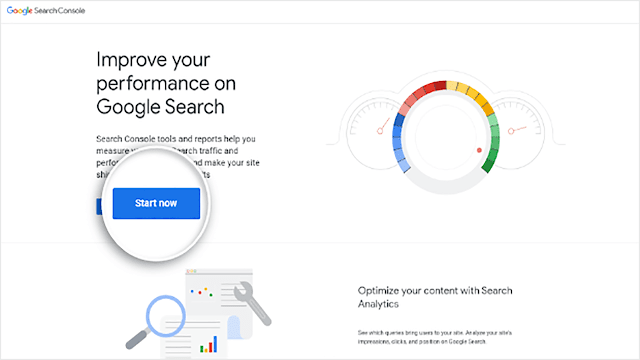

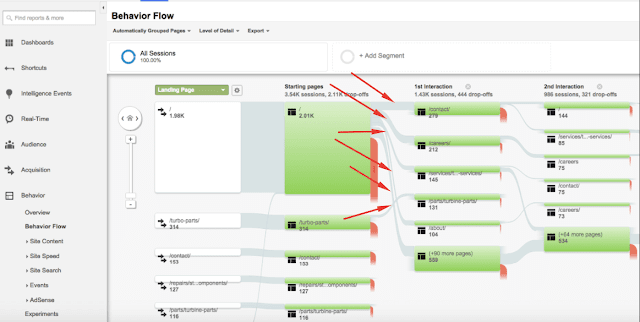


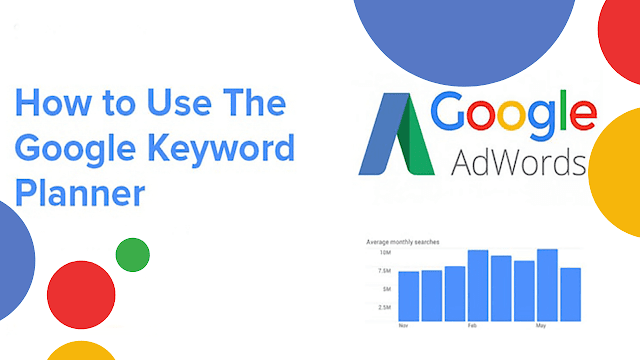
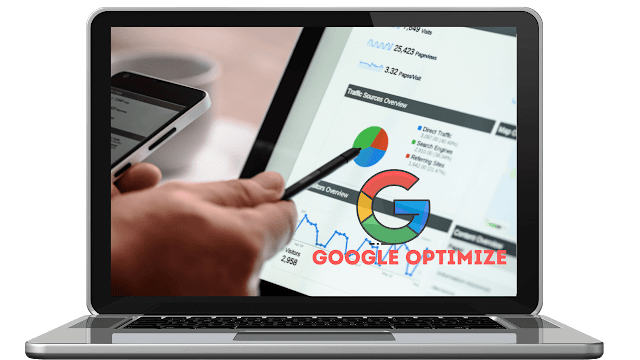
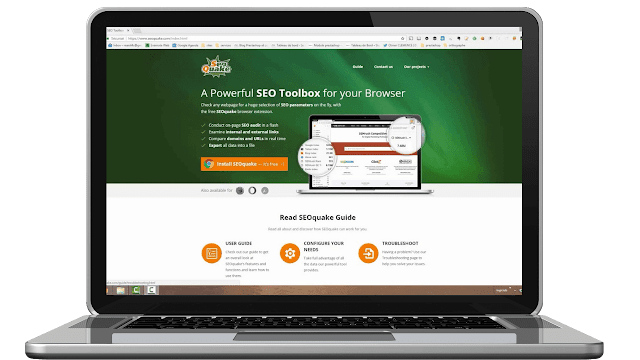








.png)
0 Comments